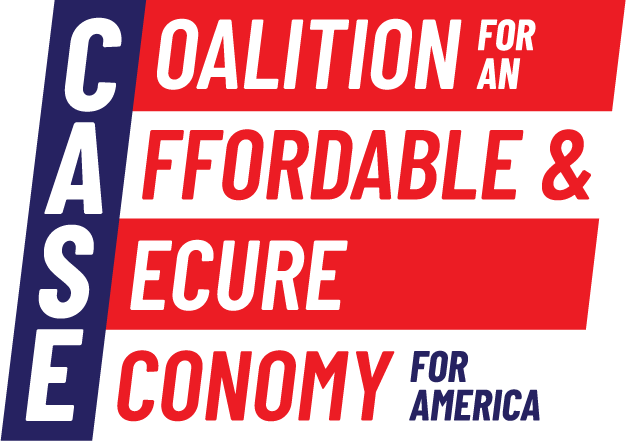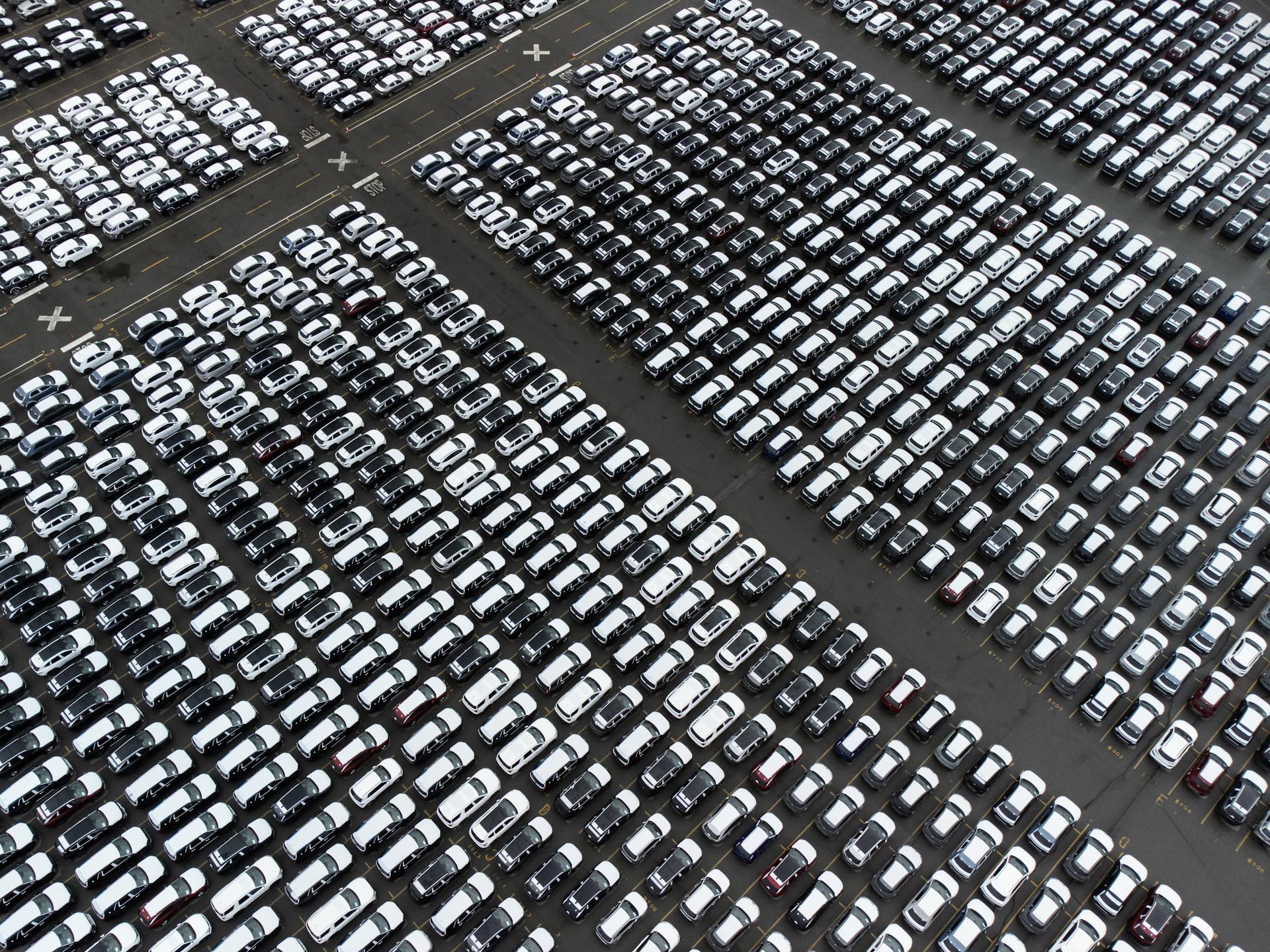Tariffs Could Lead To The Sharpest Decline in Vehicle Sales Since The COVID-19 Pandemic
More than 90% of Americans have at least one vehicle. Whether it’s driving to work or picking the kids up from school, for most Americans, cars are a necessity of life. The automotive industry has built our nation and keeps everyday Americans moving, contributing significantly to the U.S. economy. But now, following broad tariffs from the Trump Administration, America’s automotive industry is running idle.
Under the current tariff status, vehicle sales in the United States are projected to fall by 700,000 and auto production in North America is expected to decrease by 1.28 million cars. Higher prices are bringing more anxiety and uncertainty to consumers, leading American families to pump the breaks on their vehicle purchasing plans.
In late March, the Trump Administration placed a 25% tariff on imported vehicles and automobile parts. While the United States manufactures many vehicles domestically, a significant percentage of the parts that make up American cars are imported through foreign trade with Mexico, Canada, Asia and Europe. Tariffs on these products are a tax on American consumers, as vehicle prices are set to skyrocket thanks to the levies applied.
In discussing the dangers of broad tariffs on the automotive industry, the president of the American Automotive Policy Council, Matt Blunt, shared, “There is increasing awareness that broad tariffs on parts could undermine our shared goal of building a thriving and growing American auto industry, and that many of these supply chain transitions will take time.”
Anderson Economic Group found that tariffs are expected to increase the cost for the lowest-tariffed American cars between $2,500 and $5,000. Popular cars from Japan, South Korea and Germany could cost a staggering $20,000 more.
The national consumer impact is clear. Key U.S. manufacturers and auto hubs, such as Michigan, will be hit hard. One Ann Arbor think tank, the Center for Automotive Research (CAR), found that U.S. automakers will see increased costs of $107.7 billion due to the tariffs alone.
Some lawmakers have boasted about tariffs’ role in creating jobs, but in the automotive industry, the opposite has proven true. As tariff uncertainty spreads, more companies are halting operations both domestically and abroad until the dust settles. Stellantis, which produces Chrysler and Jeep vehicles, laid off 900 U.S. workers that supplied now-paused factories with engines and other parts.
Tariffs undermine the competitiveness of American companies and burden consumers by adding costs to an economy already facing significant headwinds. The ripple effects of tariff-related disruptions are being felt across the entire automotive industry, threatening to push the sector in the wrong direction. To deliver on the economic priorities that Americans support, we should pursue policies that foster growth, such as targeted tax relief and deregulation.

